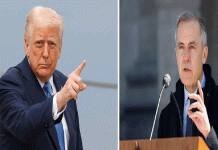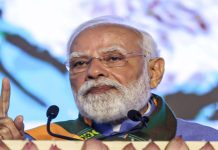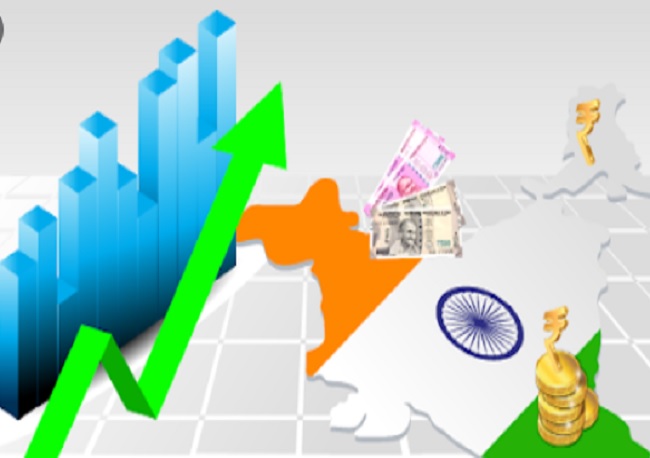New Delhi: India is poised to grow at 9.5 per cent in 2021 and 8.5 per cent in 2022, according to the latest projections by the International Monetary Fund.
India’s economy had contracted by 7.3 per cent in 2020 due to the impact of COVID-19 pandemic. IMF said that the global economy is projected to grow at 4.9 per cent in 2022.
“The global economy is projected to grow 5.9 per cent in 2021 and 4.9 per cent in 2022, 0.1 percentage point lower for 2021 than in the July forecast. The downward revision for 2021 reflects a downgrade for advanced economies–in part due to supply disruptions–and for low-income developing countries, largely due to worsening pandemic dynamics,” IMF said in its World Economic Outlook October 2021.
“This is partially offset by stronger near-term prospects among some commodity-exporting emerging market and developing economies. Rapid spread of Delta and the threat of new variants have increased uncertainty about how quickly the pandemic can be overcome. Policy choices have become more difficult, with limited room to manoeuvre,” it said.
The IMF projected that China will grow at 5.6 per cent growth in 2022 and the US at 5.2 per cent. For major European economies like Germany, France and Italy, IMF projected a growth 4.6 per cent, 3.9 per cent and 4.2 per cent respectively.
The United Kingdom is projected to grow at 5 per cent in 2022.
According to IMF, inflation has increased markedly in the United States and some emerging market economies. As restrictions are relaxed, demand has accelerated, but supply has been slower to respond.
IMF said that price pressures are expected to subside in most countries in 2022 and inflation prospects are highly uncertain.
“These increases in inflation are occurring even as employment is below pre-pandemic levels in many economies, forcing difficult choices on policymakers,” it said.
IMF noted that strong policy effort at the multilateral level is needed on vaccine deployment, climate change, and international liquidity to strengthen global economic prospects.
“National policies to complement the multilateral effort will require much more tailoring to country-specific conditions and better targeting, as policy space constraints become more binding the longer the pandemic lasts,” it said.











































